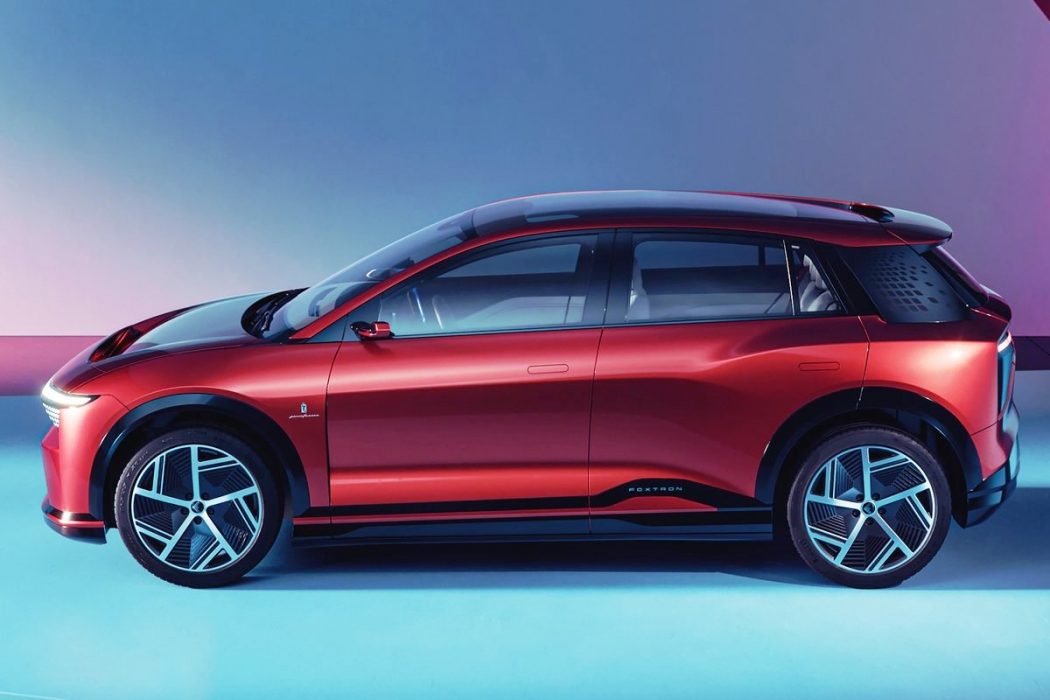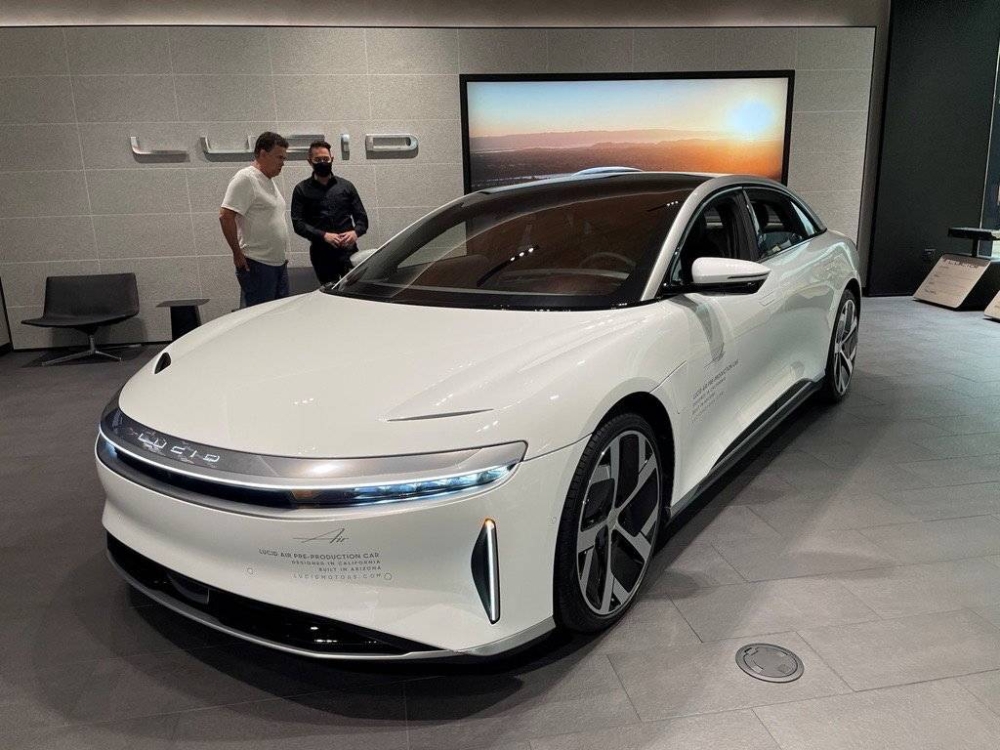- Introduction to Electric Car Specifications
- Key Electric Vehicle Specs Every Driver Should Know
- Making Sense of Specs for Your Needs
- Regional Variations and Global Availability
- FAQ
Electric cars have become a key consideration for buyers seeking eco-friendly and cost-effective mobility solutions. In 2025, advancements in technology and infrastructure have made EVs more accessible, offering varied specifications to meet the needs of different lifestyles. This guide explains the essential technical specifications that define modern electric vehicles, highlighting how to choose the best model for your needs.
Introduction to Electric Car Specifications
Electric vehicle (EV) specifications are more than just numbers; they provide a blueprint for understanding a car's performance, efficiency, and overall functionality. Knowing these specs can help buyers compare models effectively and make informed decisions, especially in evolving markets like Saudi Arabia. From battery capacity to innovative safety features, these specs define how EVs perform in real-world conditions.
Key Electric Vehicle Specs Every Driver Should Know
When exploring electric cars, understanding the most relevant specifications is essential. Here are some of the most crucial aspects that impact both daily use and long-term ownership:
Battery Range and Efficiency
Battery Range: This refers to how far a vehicle can travel on a single charge. For 2025 models, ranges generally fall between 250 and 400 miles, depending on factors like driving habits and environmental conditions.
Efficiency: Efficiency measures how well the car uses energy. Advanced models are designed to maximize power usage, often translating into reduced charging frequency and overall savings.
Charging Options and Times
Modern EVs provide flexibility through diverse charging options:
Home Charging: Ideal for overnight use, this can take 6-10 hours to fully charge depending on the charger type. Installing a dedicated home charging setup is a common choice.
Fast Charging: At public stations, fast chargers can replenish up to 80% of a battery within 30-45 minutes. This makes EVs viable for long-distance travel when paired with reliable charging infrastructure.
Destination Charging: Found at shopping centers and workplaces, these options can be convenient when running errands or working.
Performance and Safety Attributes
Performance is not just about speed—it includes:
Acceleration:Electric cars often deliver faster response times compared to traditional vehicles.
Top Speeds:While some models are capable of high speeds, the focus is generally on efficient and smooth driving experiences.
Safety Features:Autopilot systems, lane assist, and collision warning technology are becoming standard in newer EV models, ensuring safety and ease of use.
Cost and Maintenance Factors
Electric cars bring unique financial benefits:
Initial Pricing: Depending on the model and features, costs in 2025 remain competitive, with some base models starting at approximately 120,000-140,000 AED/SAR. Premium models may cost more, but they also come with enhanced features.
Maintenance Savings: With fewer moving parts and no need for oil changes, EVs require less maintenance compared to traditional vehicles. Software updates often take care of performance enhancements remotely.
Making Sense of Specs for Your Needs
Matching specs to your lifestyle ensures you get the most out of your EV. For example:
Short-Distance Commuters: Opt for models with a smaller battery range and faster charging options, keeping costs minimal.
Frequent Travelers: Choose cars with extended battery life and more durability to handle long trips smoothly. Always ensure that the vehicle aligns with regional infrastructure and available charging facilities to avoid inconvenience.
Regional Variations and Global Availability
While key specifications remain consistent globally, there are regional factors to consider:
Climate Adaptations: In hot climates like Saudi Arabia, vehicle batteries often include temperature management systems to maintain performance.
Charging Infrastructure: More EV-friendly regions are rapidly expanding their network of fast and destination chargers, making long-distance journeys more feasible.
However, global users will find that the essential aspects—like range, safety, and overall performance—remain the same, ensuring EVs are universally convenient.
FAQ
Q:How do I compare electric car specs easily?
A:Focus on battery range, charging time, and safety features. Use online comparison tools or visit dealerships for side-by-side evaluations.
Q:What is the typical range for 2025 electric cars?
A:New models generally offer a range between 250-400 miles on a single charge, depending on the manufacturer and driving conditions.
Q:Are EV prices higher than traditional cars?
A:While initial costs can be similar or slightly higher, EVs often save money in the long term through reduced fuel and maintenance expenses.
Q:What safety features should I look for in an electric car?
A:Look for features like adaptive cruise control, lane-keeping assist, automatic braking, and advanced driver-assistance technologies for enhanced safety.
Read More:
Vehicle Registration Renewal in Dubai:Your Complete 2025 Guide
Arabian Automobiles in Sharjah:Your Complete Guide for Car Owners








.webp?x-oss-process=image/format,webp/interlace,1/quality,q_70/resize,w_750)



